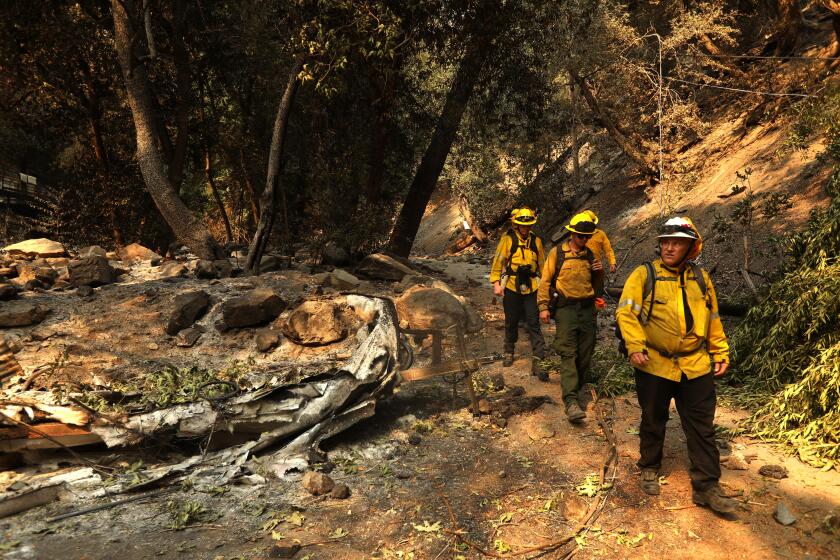Father of Our Country Wouldn’t Recognize It
It was the first day of our holiday trip to Washington, D.C., and my nephew, Jordan, and I were listening to the docent at Mount Vernon tell us about how George and Martha Washington entertained their guests with card games and served meat pie. “Does anyone have a question?” she asked. Jordan did. How long ago did Washington live here? “Well, he died in 1799, so how many years would that be?” the docent asked.
I didn’t think Jordan, 6, would be able to do long subtraction in his head, so when he answers, “203 years,” the docent and I clapped. “That’s a long time ago,” I said to Jordan, whose hobby is music. “Back then, they didn’t have CD players.”
“Yeah, they just had tape decks,” Jordan said. Well, no, I explained. Back then, they didn’t have tape decks or even radio or TV. “Then what did they do for fun?” he asked. I told him they rode horses and went fishing maybe. Or they wrote letters and played instruments and generally lived without those things that are so normal to us. “Things have changed,” I said. In Jordan’s world, which is Southern California during the second millennium, life is constantly changing. Computers, CD burners and microwave ovens have always been at his disposal. He can’t imagine living any other way.
Fast-forward to a week later.
We are lugging our knapsacks through Dulles Airport. We reach the checkpoint metal detectors. Jordan races through one. When I join Jordan on the other side, a security worker is directing him to stand in a cordoned-off area “over there” because the machine beeped when he walked through.
In Jordan’s world, getting sent “over there” is akin to his first-grade teacher writing a misbehaving child’s name on the blackboard, which means 15 minutes docked from recess. “You can go stand with him,” one of the men in the blue blazers says. I rub Jordan’s arm to comfort him and say, “You didn’t do anything wrong, sweetie.”
“You touched him,” the man in the blue blazer says. “Now we have to search you too.”
They wave a metal-detecting wand over Jordan and when it beeps, the man in the blazer asks if he has anything in his pocket. Jordan pulls out a tissue. The wand beeps again. Nothing else in his pockets. It must be the brass rivets on his jeans.
Jordan is free, but he is still visibly shaken. I am angry. “You scare a 6-year-old half to death,” I say, “and then when I comfort him, you need to search me?”
The lady tells me that she’ll be touching my chest and rear end, but not to worry because it will only be with the back of her hand. Her disclaimer doesn’t make it any less creepy when she starts patting my bosom and asking about the composition of my underwear.
On our way back to California, Jordan writes a list of the things we saw that are different from our regular life. The snow. The Potomac River. No electricity at Mount Vernon when Washington lived there.
The search at the airport doesn’t make Jordan’s list. And then it strikes me. Mount Vernon is foreign territory to him, with its lack of CD players and even tape decks. But an army of airport employees who search a 6-year-old boy -- while momentarily frightening -- is so normal that it’s nothing to write home about. But I remember a time before tape decks. So I can imagine living at Mount Vernon a whole lot easier than I am able to come to grips with our government employing people to search children for weapons. I make a note to someday tell Jordan that change is hard.
Sign up for The Wild
We’ll help you find the best places to hike, bike and run, as well as the perfect silent spots for meditation and yoga.
You may occasionally receive promotional content from the Los Angeles Times.



